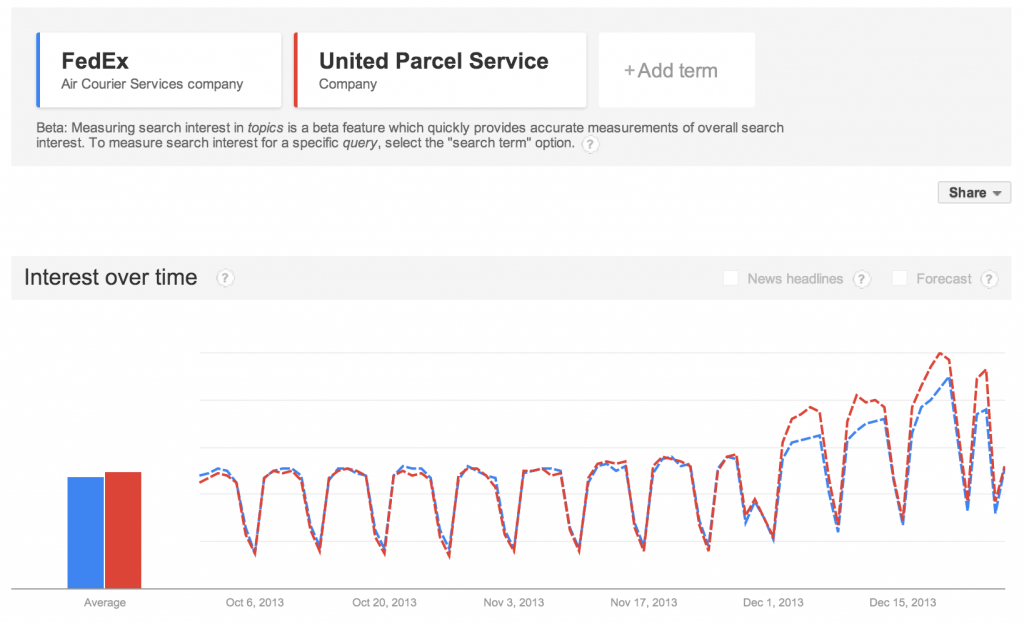- A
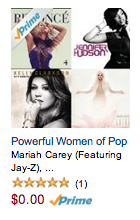 mazon launched a streaming music service — a relatively commoditized offering with competitors like Spotify, Beat, and Rdio. The differentiator may not be a more robust feature set, in part because Amazon’s offering does not include Universal Music Group’s catalog. Instead, as this article points out, the Prime bundling with free shipping and book lending may tip the balance over its competitors.
mazon launched a streaming music service — a relatively commoditized offering with competitors like Spotify, Beat, and Rdio. The differentiator may not be a more robust feature set, in part because Amazon’s offering does not include Universal Music Group’s catalog. Instead, as this article points out, the Prime bundling with free shipping and book lending may tip the balance over its competitors. - Can Twitter survive against the Facebook juggernaut — and other rapidly growing social networks? Today, Twitter usage hovers at about 19% of U.S. online adults, versus 71% for Facebook. This Pew Research Center article suggests that Twitter may have niche staying power, with use cases around breaking news, political influencers, and activists.
- What is the impact of unmoderated comments on your website? In one study, respondents rated articles with comments as lower quality— with as much as 8% difference in perception.
- With over 200M active users and a top ten smartphone app, Instagram is a draw for many brands. Buffer offers a great how-to guide for businesses getting started on the photo sharing social network. Also included: best times to post to various social media outlets.
- We’re in the midst of a hardware renaissance, and excitement about the promise of virtual reality (VR). Oculus Rift CEO Brendan Iribe talks about the potential of the technology and its role within Facebook, which acquired the tech company back in March for $2B. Salient quote: “When you put on Oculus, people are just streaming with ideas, dreaming about things.”
Weekend fun: Irritating linkbait meets brutal satire at the Onion’s new venture, Clickhole. And it’s a winner whether people know it’s satire or not.
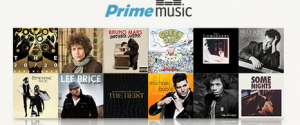
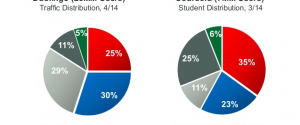
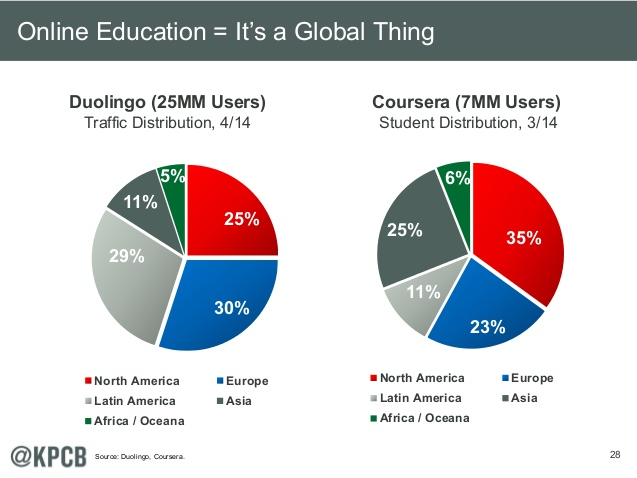
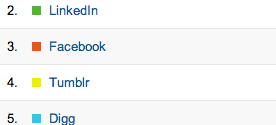
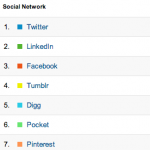 Comscore data show
Comscore data show
